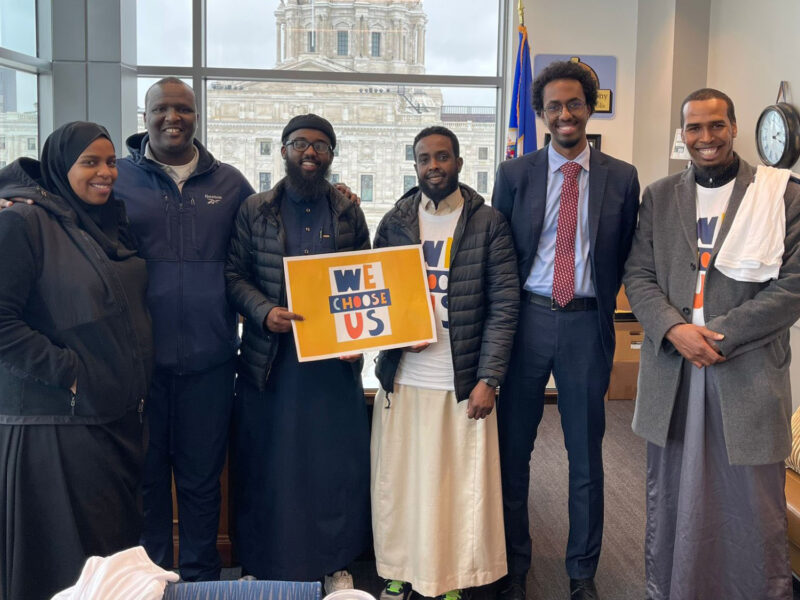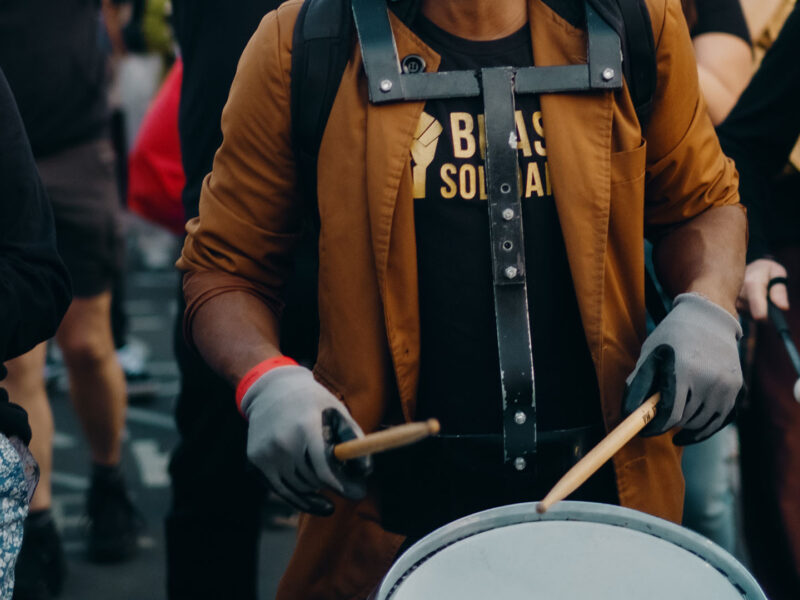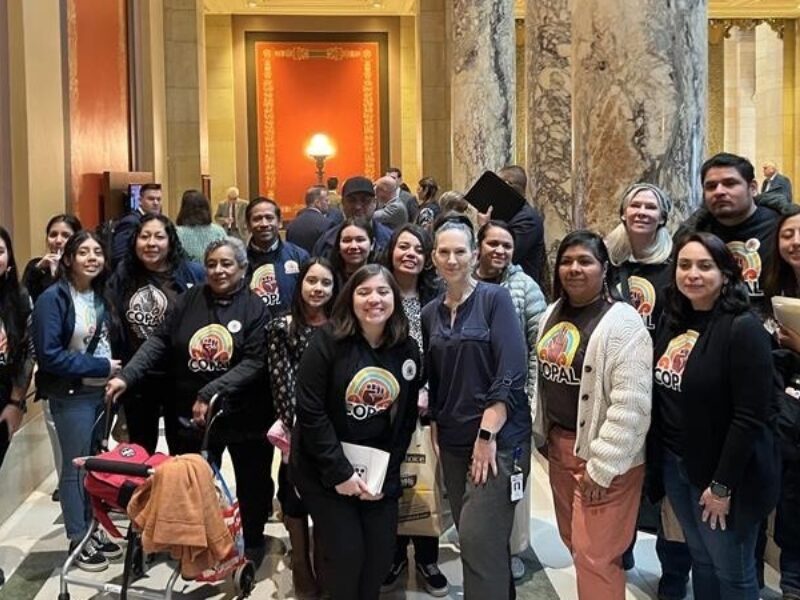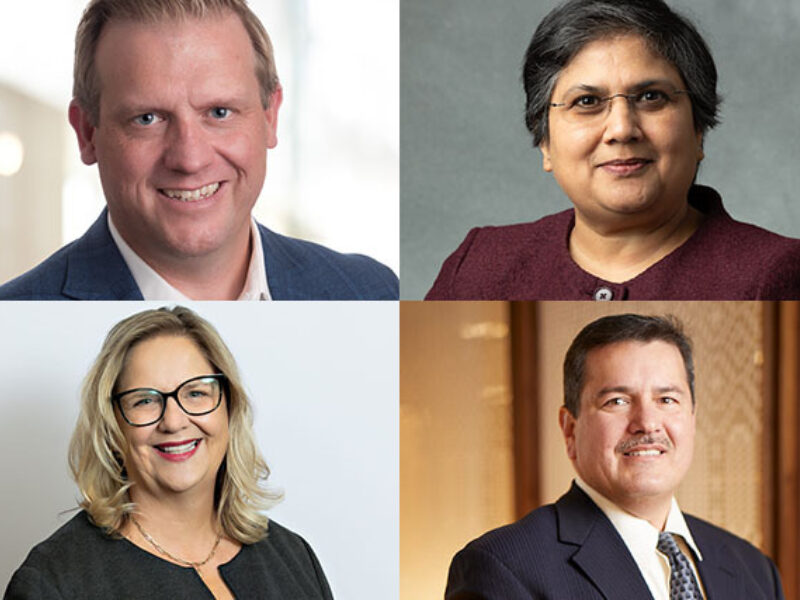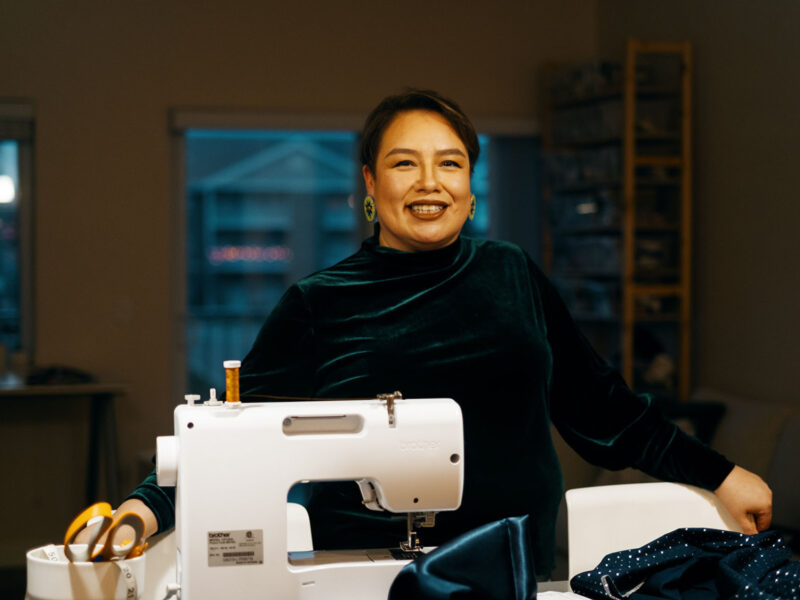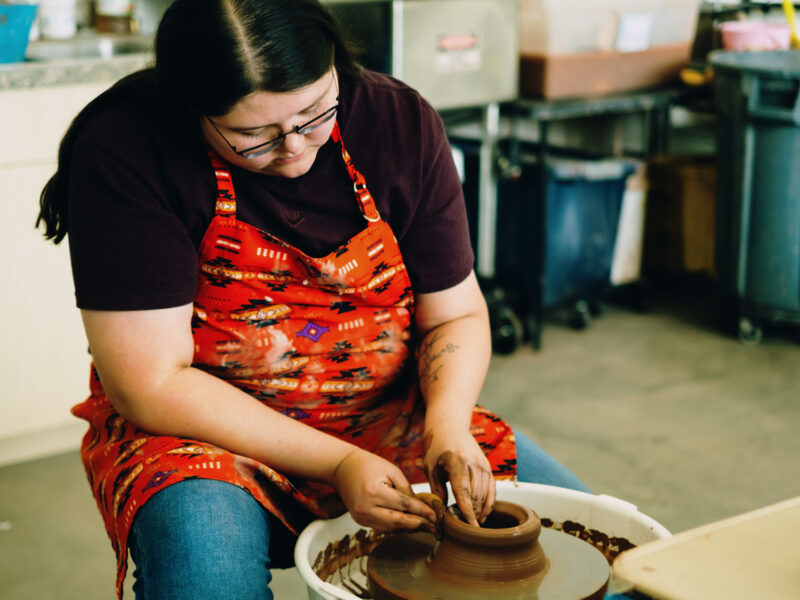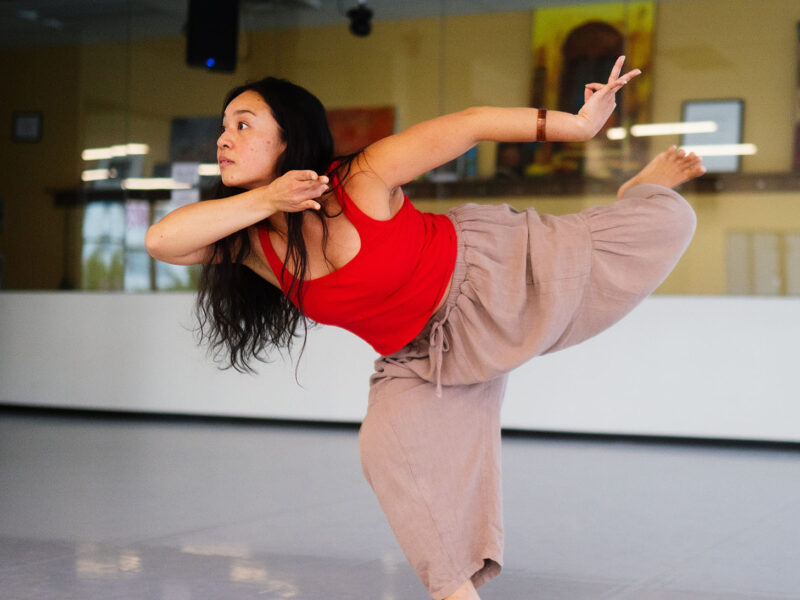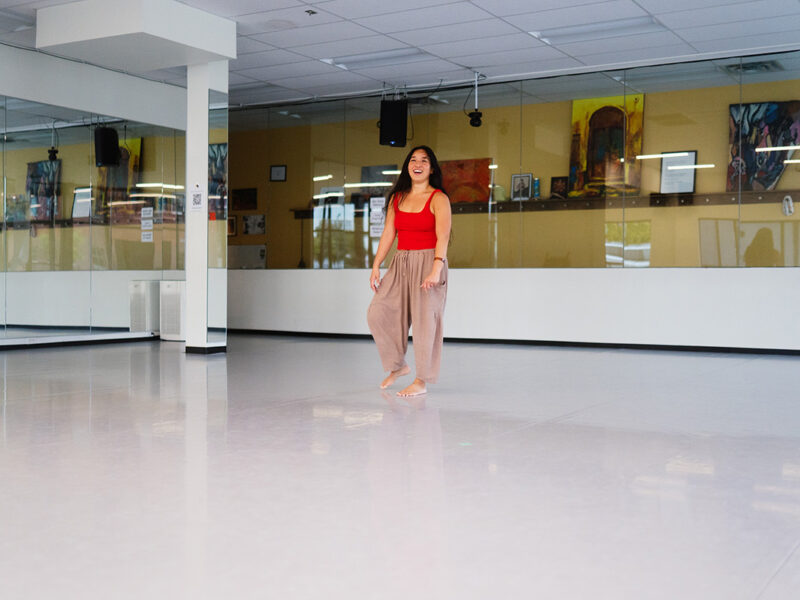Corner Conversations
Learn how Sharing Our Roots is providing BIPOC, queer and immigrant individuals with equitable access to land.
Land access is one of the biggest obstacles standing in the way of aspiring farmers.
“The 2022 National Young Farmers Survey found that 65% of Black, Indigenous and people of color (BIPOC) farmers said that it was exceptionally hard to access or afford land,” said Charlie Zieke, director of communications for Sharing Our Roots.
Sharing Our Roots aims to make land accessible for everyone, specifically immigrant, BIPOC and queer people. On what used to be classified as marginal land sits 163 acres of regenerative farmland in Northfield, Minn.
“Our mission is to heal land, to nourish the community and to prepare emerging farmers,” Charlie said.
This mission is carried out through three different initiatives:
- Commons Cohort - works with around 40 farmers’ growing crops
- Community Connectors - supports over 140 families through seven gardens across Northfield and Faribault
- Wildlife Counts - a citizen science wildlife monitoring project
For the last eight years Sharing Our Roots has been a safe space for over 200 farmers in southeast Minnesota looking to raise, grow and sell livestock, botanicals, flowers and produce.
“Dakota County has a large population of both Kenyan and Mexican immigrants,” said Charlie. “Lots of folks come to us with prior farming experience, having farmed in their home countries and for lack of access and equity haven't been able to find affordable land to rent or to grow on. Currently 98% of farm owners and operators in the United States are white, and in Minnesota that number is even higher.”
Growing Relationships for Sustainable Futures
Sharing Our Roots embraces intercultural relationships where multiple cultures and generations work together, sharing lived experiences and methods on how to tend land.
“We have people farming in community side by side; that means that we will have a Kenyan farmer who uses traditional trenched irrigation right next to a queer flower farmer from Minneapolis who uses landscape fabric and drip tape,” Charlie said.
This organization has changed the lives of farmers like Erika from Mexico and Bethel from Kenya. With access to affordable land and farming equipment they have been able to feed themselves and sustain their families by growing vegetables like cabbage, kale, corn and tomatoes.
Erika, who has tended a quarter-acre farm on the grounds at Sharing Our Roots for a year, loves the fact that at this place she has found peace and tranquility in farming.
Being a farmer at Sharing Our Roots has allowed Bethel the opportunity to expand his vegetable garden by growing vegetables from his homeland alongside his wife and daughter-in-law. These are just a few examples of what makes this nonprofit such a special place for the community, farmers and staff.
“My dream is that Sharing Our Roots is kind of a hub for emerging and immigrant farmers. A space where they can be long-term, and then eventually grow out of and buy their own farms and start their own collective operations,” said Common Cohort Manager Lucia Possehl. “We're lucky in Minnesota to have so many organizations working and advocating for farmers expanding land access and righting a lot of the wrongs around land in our state and our country.”
Watch the Corner Conversations Video

Inspired to Make a Difference?
- Visit: Engage directly with organizations by attending public events like land walks and farmers’ markets.
- Donate: Organizations like Sharing Our Roots are nonprofits, and they often rely on community donations to support their programming and farmers.
- Grow: Consider starting your own garden. Many communities in Minnesota offer shared space where you can share land and ideas with your neighbors on how to grow flowers and vegetables in your own neighborhood.
View More Corner Conversations
Corner Conversations feature individuals and nonprofits driving change in the East Metro and beyond by highlighting their work in connection to current topics and issues facing our communities and state.


